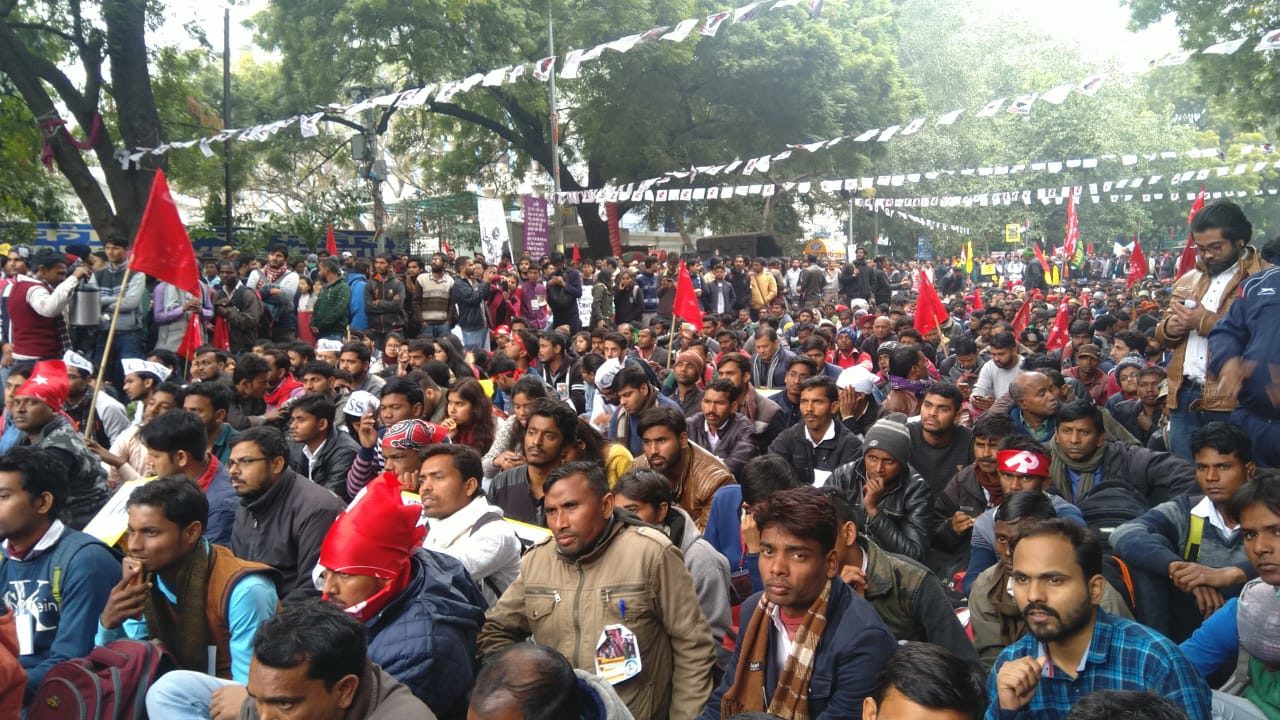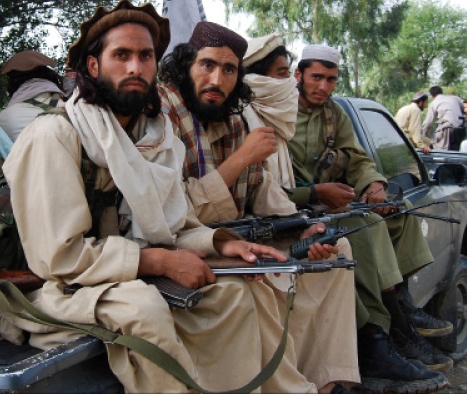
[dropcap]T[/dropcap][dropcap][/dropcap]he rains in Delhi could not diminish the spirit of the youth. Seeing them in the streets of Delhi raising their demands and concerns was indeed a demonstration of the anguish that seems to have confronted the entire generation.
Even though the ruling regime with all its might and inflated manifestos of growth, promised employment and dignified living conditions for the young has been asserting its presence, the fact is that the Indian economy and the state of education are in deep crisis.
Not surprisingly, the youth are the worst victims of this pathetic state of affairs. With demonetization, the decline in the vibrancy of the agricultural sector and the decay of the informal sector- we find ourselves in a situation of what is often regarded as ‘ jobless growth’.
Moreover, in an over- populated country like ours, the huge gap between the number of aspirants and the availability of resources has further caused alienation among the youth.
Although the propaganda machinery of the ruling regime seeks to divert the attention of the youth from real concerns like meaningful education , availability of democratic and inclusive public institutions, and dignified vocations, it is heartening to see the youth composed of rural and urban centres and even school dropouts ,coming together, and demanding what really matters. The collective march of the youth demanded job opportunities, public funded universities, filling up of all vacant positions and caste/gender equity in collective existence.
These days we often say that India consists of the youth and it is our privilege. However, if we fail to activate the positive energy of the youth, engage them in meaningful education and appropriate vocations and create a situation for dignified livelihood for them, we will pass through terribly dark times and the situation will become worse. As the dominant political class misses no opportunity to fragment and divide the youth and involve them in the ugly politics of communal hatred and militant nationalism, it is crucial that as a collective we strive for a more accountable educational and employment culture in the nation.
We are in a society that keeps creating multiple walls of separation and exclusion based on class, caste, ethnicity and gender.
But now the time has come for the youth to break the wall of separation and unite towards a common agenda, not merely for themselves but for the collective social and politico-economic empowerment of the poor, the farmers, the Adivasis and the marginalised.
These struggles for liberation need to be united. And this requires mature leadership, political wisdom, dialogic spirit and intellectual pluralism.
One thing, however, is clear, and it is the fact that in the age of legitimization crisis, the dominant mainstream political parties have lost their credibility.
No wonder, there was an attempt to appropriate this movement too. As we witness the Youth Adhikar March, we see a possibility of a new beginning. But then, it should not be allowed to get hijacked, appropriated and thereby falsified due to the Machiavellian political masters.














